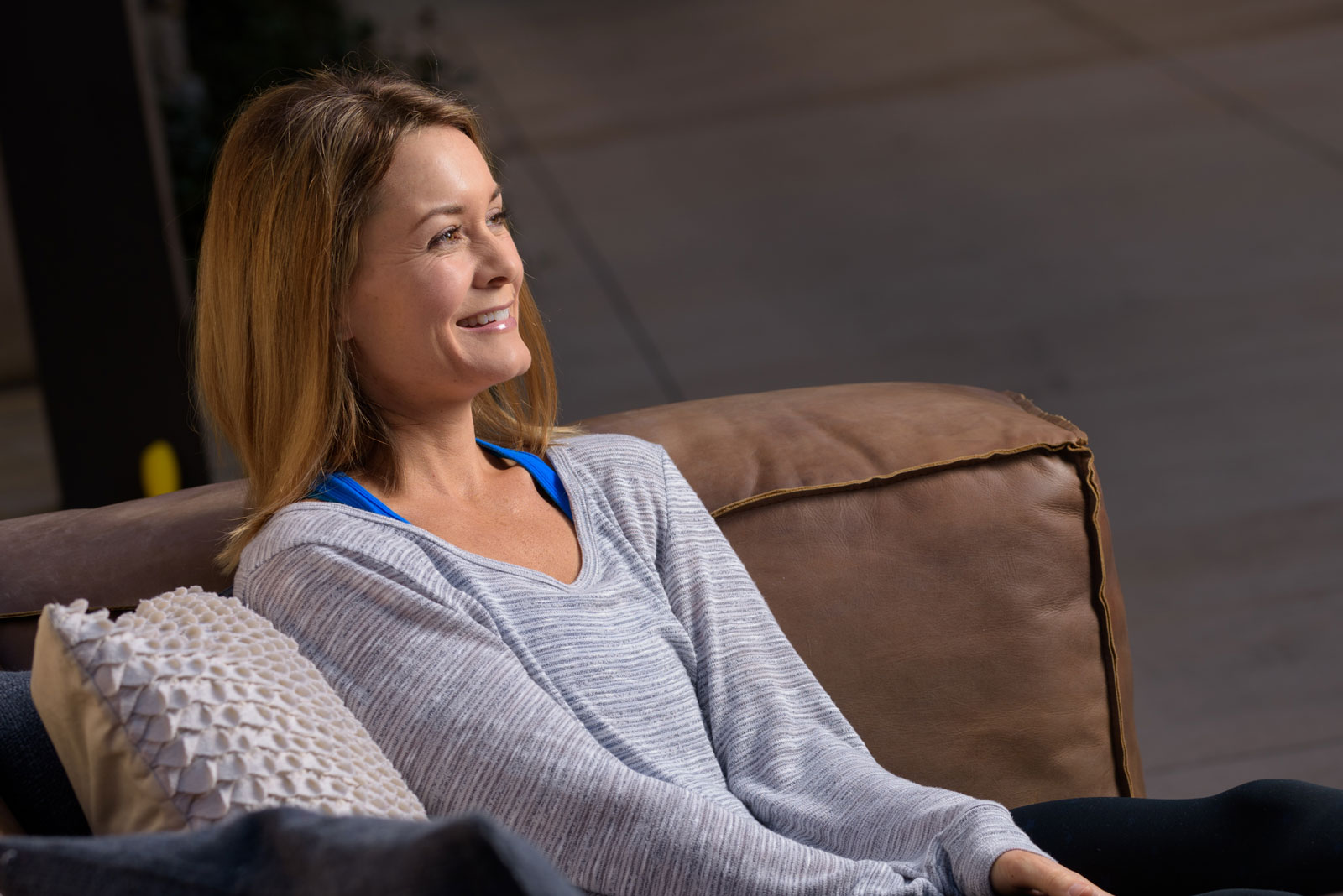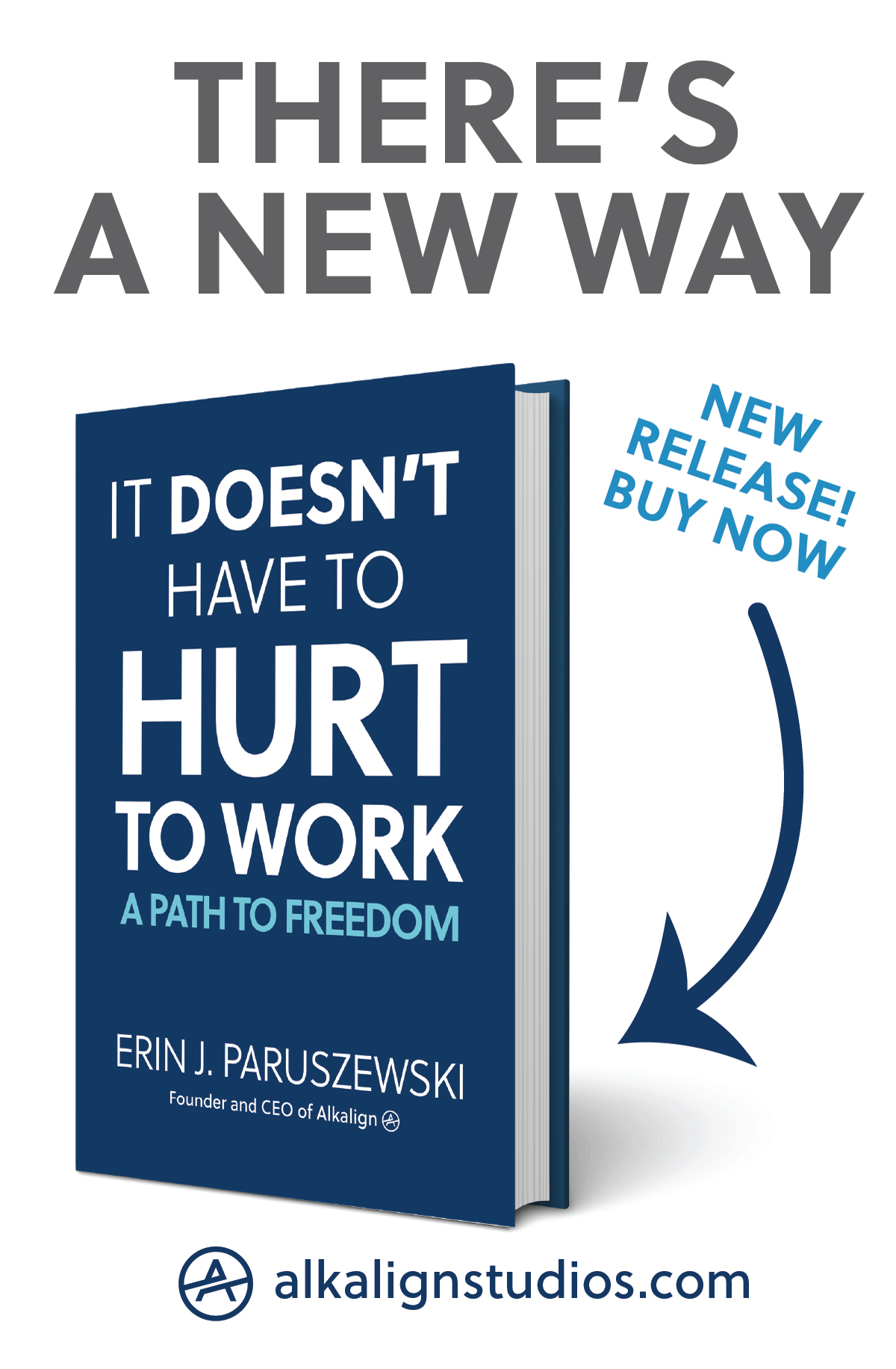
Long ago, before the days of fitness apps and trackers, in a land without SmartPhones or Siri, there were Excel Spreadsheets. And I loved them.
Part of it was my banking profession; the other part was my super-charged, Type A+ personality. By day, I lived in a world of financial models and revenue projections. By night, I meticulously tracked every metric of my seven to 10 workouts per week, believing that if my calories out exceeded my calories in, I’d lose weight and perform better.
Cardio consumed me. I recorded the length, time and pace of every swim, run and bike ride. I monitored average, high and median heart rate, as well as calories, burned. Every. Single. Day.
This went on until the morning I woke up and realized I wasn’t having fun anymore. Excessive training and obsessive tracking were proving exhausting. The constant focus on external metrics and the search for extrinsic validation was making me miserable.
So I stopped. Cold turkey. No more heart rate monitor. No more spreadsheets. No more overanalyzing every meal. Here’s what happened.
When I Stopped Tracking My Workouts…
I started tuning in.
Instead of obsessing about what the heart rate monitor said, I listened to my body. Instead of paying attention to my watch, I paid attention to my form. Instead of believing that my workout was a time to “check out”, I took advantage of the opportunity to pay attention and to be present in mind and body.
I lost weight and gained strength.
I used to believe that if I wasn’t burning 1,000 calories per hour and sweating profusely, a workout wasn’t legitimate. When I stopped obsessing about the data, I started eating and exercising intuitively. I cut the cardio in favor of strengthening practices that increased muscle and revved my metabolism.
I exercised less and ate better.
I stopped over-exercising and replaced intense workouts with more strength- and stretching-based exercises. I took days off and embraced things like mobility and meditation, which challenged me on a whole new level. Less output helped me curb carb cravings and fuel with healthy fats and protein versus sugar.
I was less stressed.
I didn’t realize it at the time, but the constant feeling that I had to achieve something quantitative was stressful. Even when I wasn’t competing in a race, I was competing with myself. A number on the scale or the readout of a monitor could make or break my day, a reaction so deeply ingrained but so counterproductive to my wellness. Once I stopped tracking, I stopped worrying.
I realized that the metrics don’t paint the whole picture.
A lot of metrics aren’t as objective as we think. Just as a scale at the doctor’s office needs to be calibrated, so do machines and trackers. Readings can vary, as can what is recorded. For example, heart rate can be influenced by your hydration, sleep or how well you’ve recovered from a previous workout. The metrics aren’t fixed, which means relying on them as your sole source of information (and validation) may not lead you to the most accurate perception of your workouts.
I had more fun.
My relationship with exercise completely changed. It shifted from something I had to do something I got to do. It transformed from punishment to privilege and became more enjoyable on all levels.
The Challenges I Faced Along the Way
This shift in mindset wasn’t easy.
During the process of shedding my tracking obsession, I experienced waves of guilt, anxiety and data addiction detox. It was hard to put down the watch. I had a looming feeling that if a workout wasn’t recorded, it didn’t happen.
The transformation from imprisoned to empowered happened slowly and over time, like a dimmer versus a switch.
Gradually, there were glimpses of change: I noticed that I could go for a run and still feel great even if I didn’t measure the time, distance or speed. I recognized that the world continued to turn even when I forgot to record a workout. And somewhere along the way, I broke free of the self-imposed expectations and have never looked back.
Ultimately, this process taught me that information is important — but what we do with it is even more important.
Whether you choose to use every gadget available or you like to keep your workouts analog, be sure to check in with how you feel.
Remember, your worth is more than a number on a scale, dashboard or spreadsheet. And often, ignoring those numbers may be the key to greater health and happiness.


